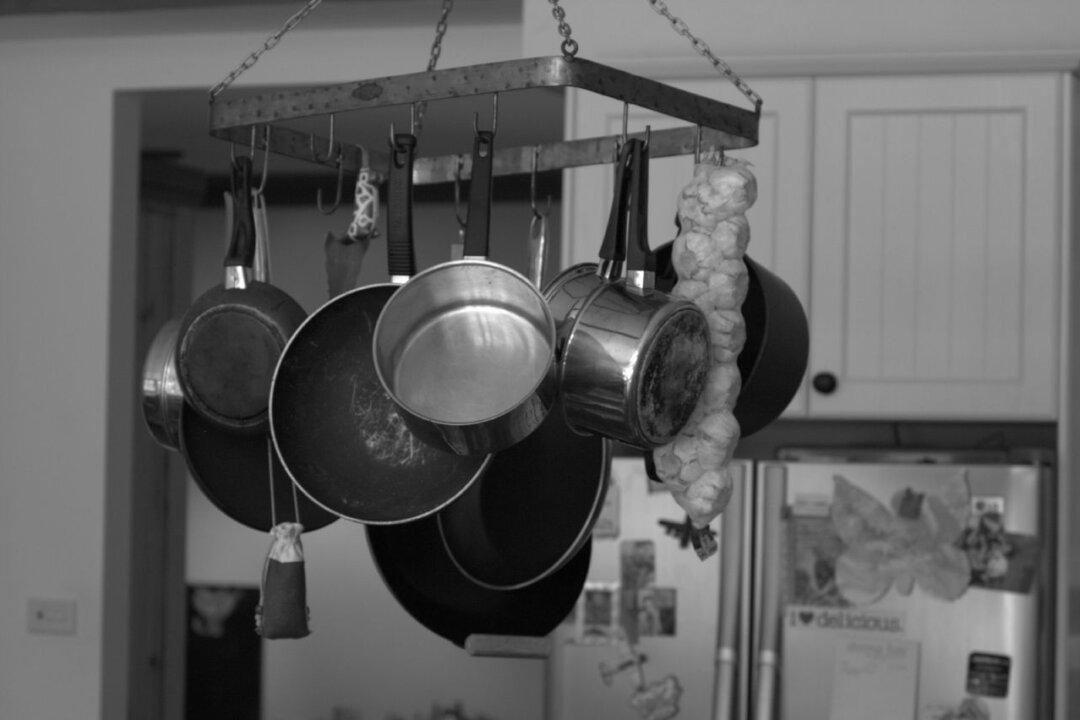Last year, I didn’t make any New Year’s resolutions. But it appears that life made them for me.
Two changes occurred in my life, and I responded. In retrospect, 2015 produced more personal growth than perhaps any other year of my life.
The first change occurred shortly after New Year’s Day. After months of therapy, I was able to feel my feelings in a more intense, genuine way than ever before.
In the past, I'd tried to cut myself off from all unpleasant feelings. It’s not fun to feel sadness, anger, or fear—and it’s inconvenient, too. But they don’t go away when you do that. Repressing them isn’t benign at all.
Now I’ve learned to recognize when I need to take the time to address my own difficult emotions.
When you’re a busy graduate student with a long to-do list, spending an evening taking care of yourself and focusing on your emotions is excruciating. But it’s far healthier and more productive in the long run than bottling them up—and it makes you a better friend to the important people in your life.
The second change happened on the job. I was assigned a gig as a teaching assistant for a class on race and ethnicity. As a white woman with no academic background in the subject, I was bound to make mistakes and offend some people. And I did.





